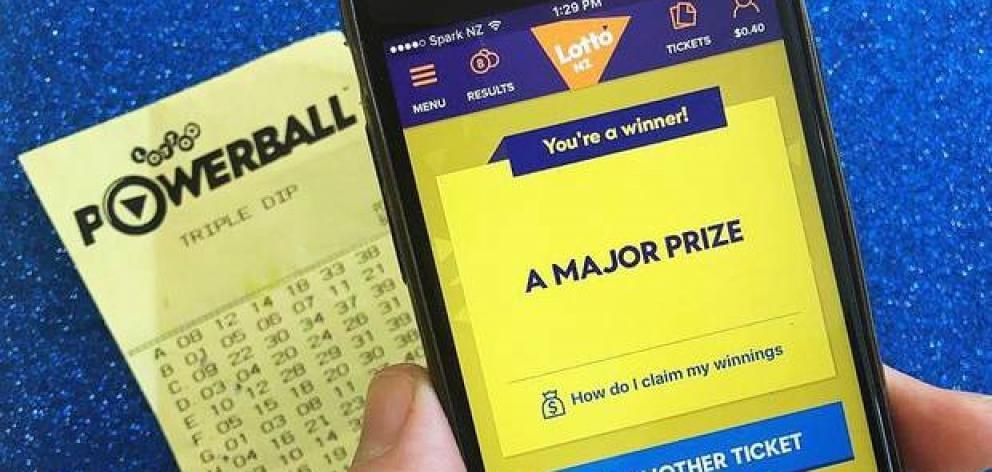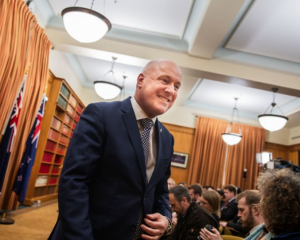 When money up for grabs in lottery jackpots gets into the multi-millions, those who rarely indulge in other forms of gambling rush to buy tickets.
When money up for grabs in lottery jackpots gets into the multi-millions, those who rarely indulge in other forms of gambling rush to buy tickets.
Even those who do not get around to making the purchase are likely to daydream about what they might do if they won ''the big one''.
Would we keep it all, donate all or some to charity, bestow largesse on our family and friends? How would we deal with newfound ''friends''? Would our relationships suffer? Would we give up work? How would we ensure that the money enriched our life and did not destroy some of the simple things which give us most pleasure?
We know the odds of winning are abysmal at best so is it fear of missing out (FOMO) which motivates us? Jumping on the bandwagon is an age-old motivator of psychological behaviour, as psychologist Dr Stephen Goldbart points out, and this is encouraged by the media attention given to lotteries and winners of them.
He also considers what he calls lottery-itis stems from a sense of disempowerment that comes from dealing with change, whether that's a changing economy or a changing world. He describes it as a ticket of hope; a ticket of magical healing.
''Feel again like you did when you were a child, having hope that a better day will come, that some big thing will happen that will make everything right, set the course on track.''
It may be comforting, since most ticket-buyers are destined to be losers, to wallow in the stories of lottery winners who go bankrupt or who consider their lives were ruined by their wins.
Some find their relationships are irrevocably affected, they squander the money or get conned out of it, and that instead of worrying about not having enough money, having more money than you need comes with its own set of worries.
There is also a sobering Canadian study which suggests living next door to a lottery winner might encourage some to overspend to keep up with the Joneses, increasing the winless neighbour's risk of bankruptcy. However, a study of 3362 Swedish lottery winners who won between $US100,000 and $US2 million found that the winners of the larger amounts retained their wealth more than a decade after their wins. Generally, they worked less and took more holidays and while there was some unwise spending, that was not the norm.
The study, published by the National Bureau of Economic Research, also looked at the wellbeing of the winners five to 22 years after their wins.
Researchers found there was no significant change in happiness and mental health, but there was also no proof the lottery wins had made winners less happy.
Day to day, they were not happier, but their overall satisfaction with their lives in the long run increased. This satisfaction had persisted for more than a decade and showed no evidence of dissipating.
Here, Lotto's Powerball jackpot has now reached $38 million. If it is won tonight, it will be the second equal-largest jackpot in Powerball's history - it reached $44 million in 2016 and $38 million in 2017. Lotto's rules mean it cannot go above $50 million.
While this amount is much lower than the $340 million won last week by a United Kingdom ticket-holder in the EuroMillions jackpot, it is still an amount so far beyond the experience of many of us that it is incomprehensible or almost obscene. Some daydreamers might wonder if offering more prizes of, say, one or two million dollars would be more beneficial.
This would not create the same feverish interest or FOMO so is unlikely to be favoured by lottery organisers. That's the thing about lotteries, most of us can't win, but that will not stop us dreaming. And, if we do not buy a ticket, dreams are free.












